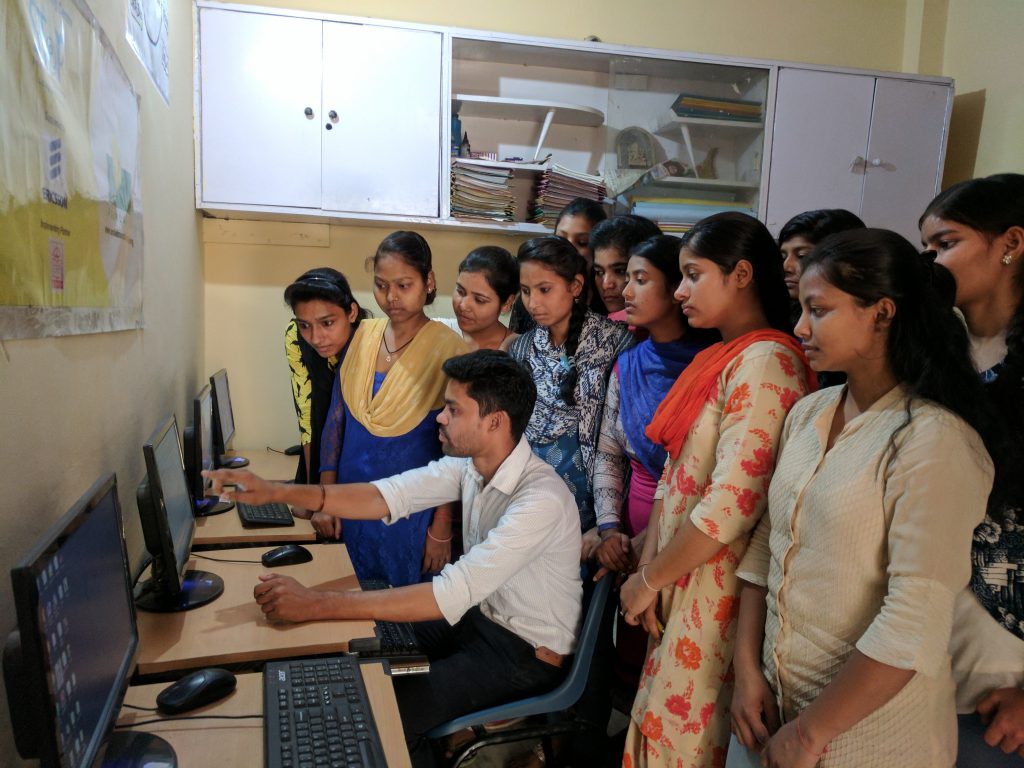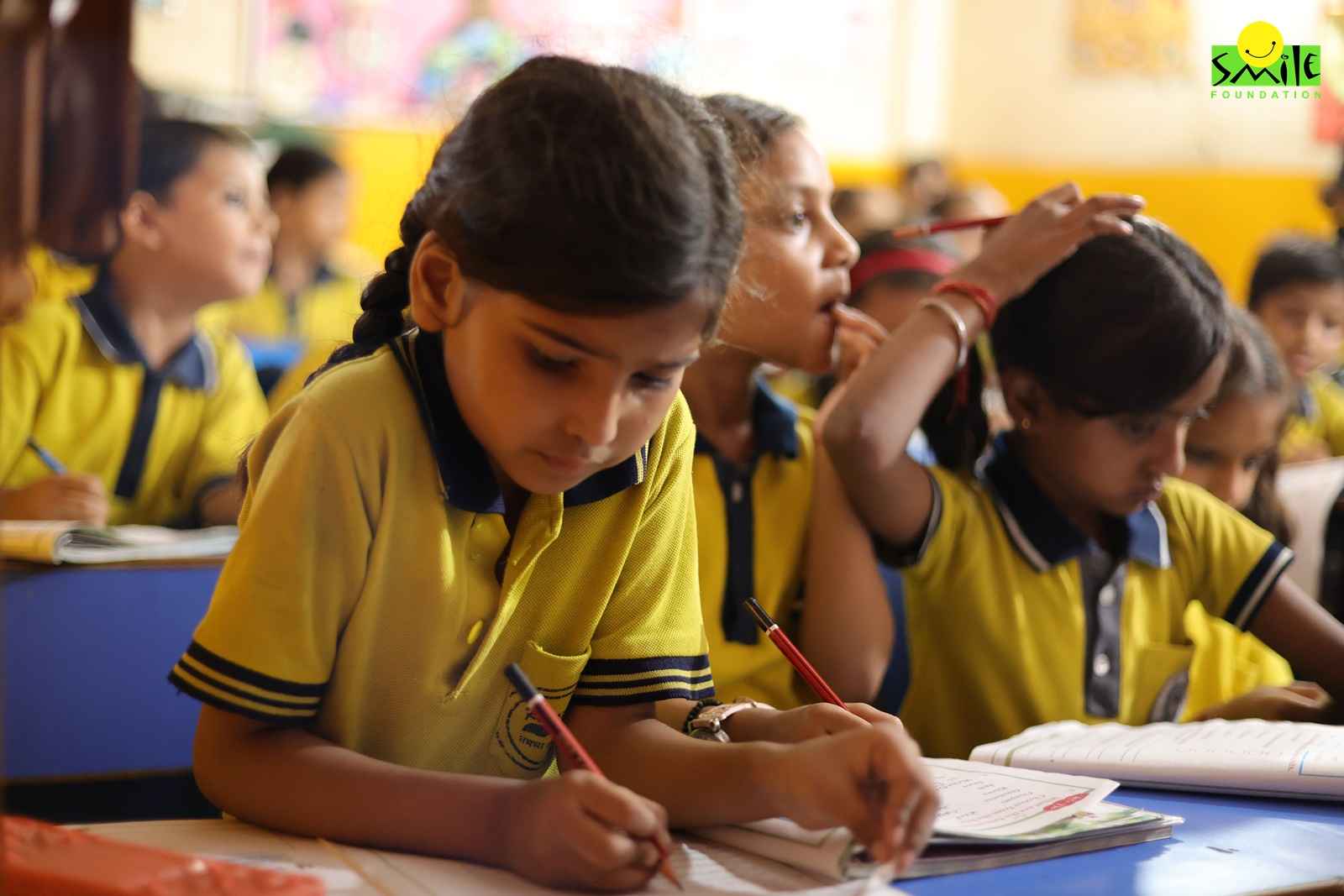As the wheels of urbanisation spin faster in India, a concerning shadow looms over its cities—the escalating challenge of urban poverty. This blog embarks on a journey to explore how employable skilling, a dynamic approach to skill development, can emerge as a potent antidote to the pressing issue of increasing urban poverty. In the context of rapidly evolving job markets and rising disparities, the need for strategic skill development has never been more urgent.
Urban poverty on the rise in the urban landscape, characterised by burgeoning skylines and bustling streets, conceals a stark reality—urban poverty on the rise. The rapid influx of people from rural areas, in pursuit of better opportunities, has paradoxically intensified the struggle for livelihoods in urban settings. Many find themselves ensnared in the clutches of low-paying, informal jobs, perpetuating a cycle of poverty that challenges the very essence of urban progress.
The Importance of Skilling
Skilling, in its essence, involves the acquisition of specific competencies and knowledge related to a particular trade or profession. Traditional skilling initiatives have often fallen short of providing a direct link between the acquired skills and the evolving demands of the job market. As the economic landscape evolves, there is a pressing need to redefine skills to make it more aligned with employment opportunities.
Employable skilling goes beyond the conventional approach by integrating real-world job requirements into the training process. It ensures that the skills acquired by individuals directly match the needs of industries, making them job-ready from day one. This paradigm shift is essential to bridge the existing gap between skill development and employment, particularly in urban areas grappling with rising poverty levels.
The Urgency for High-Skilled Youth in India
- Industry Demand: Rapid advancements in technology and changing market dynamics require a workforce equipped with high-level skills. Employable skilling addresses the industry demand for specialised skills, ensuring a more seamless integration of individuals into the workforce.
- Global Competitiveness: In an interconnected world, global competitiveness is contingent on the skill levels of the workforce of a nation. India’s youth, when equipped with high-level skills, not only contribute significantly to the economy of the nation but also positions India as a global hub for skilled professionals.
- Entrepreneurial Opportunities: Employable skilling fosters an entrepreneurial spirit by imparting not only job-specific skills but also instilling business acumen. This empowers individuals to not only seek employment but also create job opportunities through entrepreneurship.
Urban Poverty in India
The urbanisation boom in India has been accompanied by a rise in urban poverty. Rapid migration from rural to urban areas has led to an increased demand for jobs, putting pressure on existing employment opportunities. Many individuals in urban settings find themselves trapped in low-wage, informal jobs, perpetuating the cycle of poverty.
Addressing Urban Poverty through Employable Skilling
- Job Market Relevance: Employable skilling ensures that individuals are trained in areas where there is a high demand for skilled professionals. This strategic alignment significantly enhances the employability of individuals, subsequently reducing the incidence of urban poverty.
- Industry Collaboration: Partnerships between skilling programmes and industries play a pivotal role in shaping curricula that meet the evolving needs of the industry. Industry collaboration ensures that the skills imparted are directly relevant, creating a symbiotic relationship between skilling institutions and employers.
- Inclusive Development: Employable skilling fosters inclusive development by providing equal opportunities for individuals across socio-economic backgrounds. This approach breaks down barriers and empowers individuals from marginalised communities, contributing to a more equitable society.
- Government Initiatives: Government-led initiatives that prioritise employable skilling contribute significantly to poverty reduction. Schemes like the Pradhan Mantri Kaushal Vikas Yojana (PMKVY) aim to make individuals job-ready by aligning training programmes with industry requirements.
Employable skilling emerges as a transformative force in the fight against urban poverty in India. By aligning skills with industry demands, empowering the youth to become job-ready, and fostering entrepreneurial capabilities, we pave the way for a more prosperous and inclusive society. As the nation grapples with the dual challenge of creating jobs and ensuring a skilled workforce, investing in employable skilling emerges as a strategic imperative—a powerful catalyst in breaking the chains of urban poverty and paving the way for a brighter, economically empowered future.









